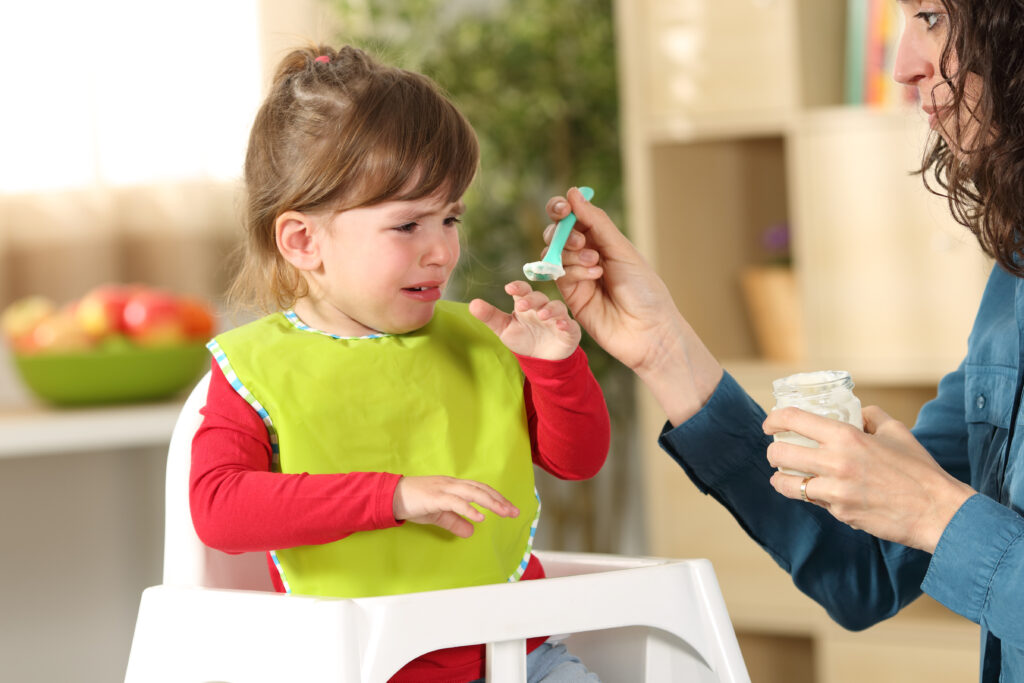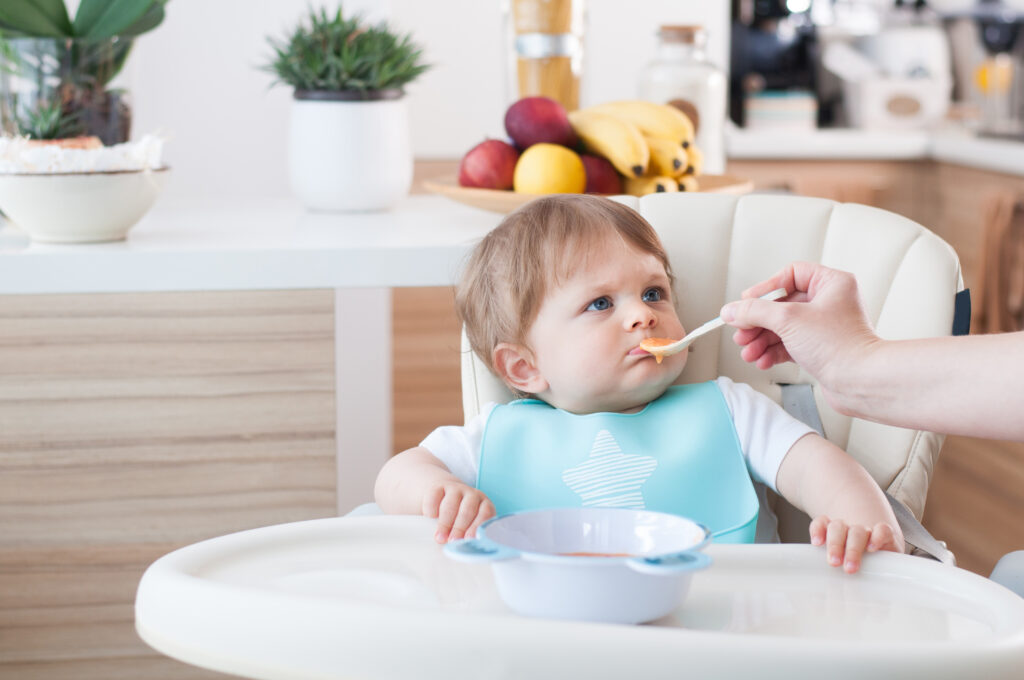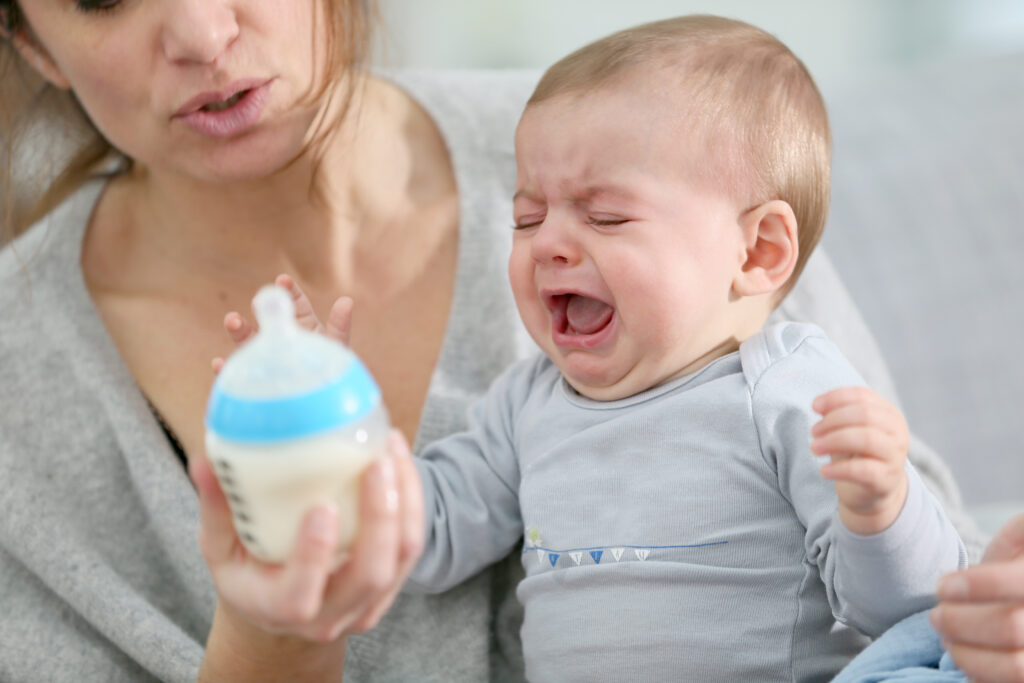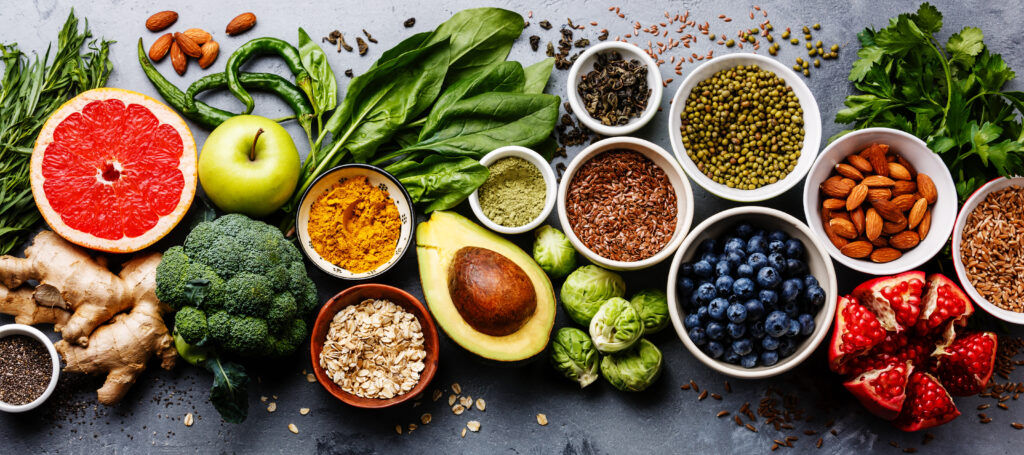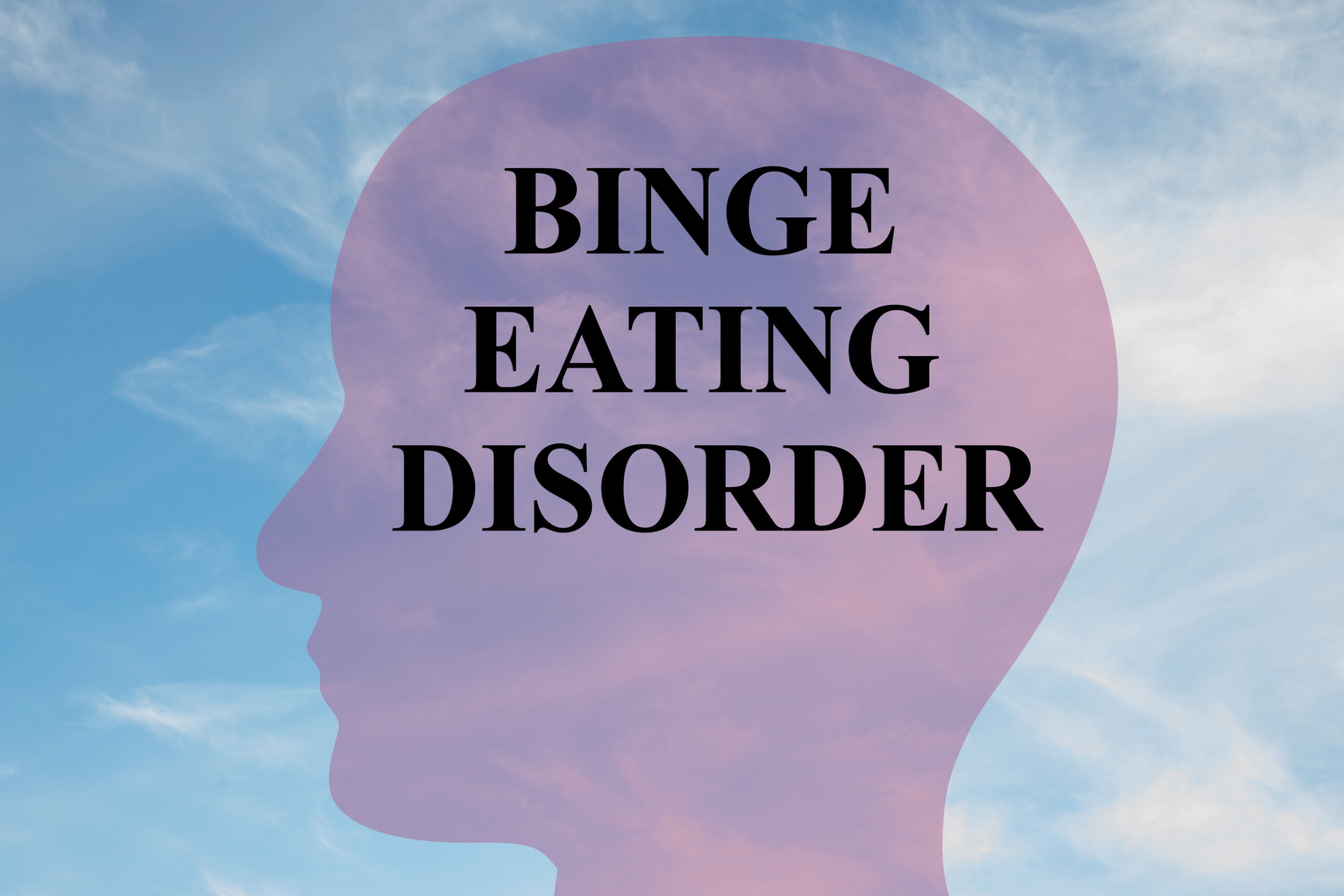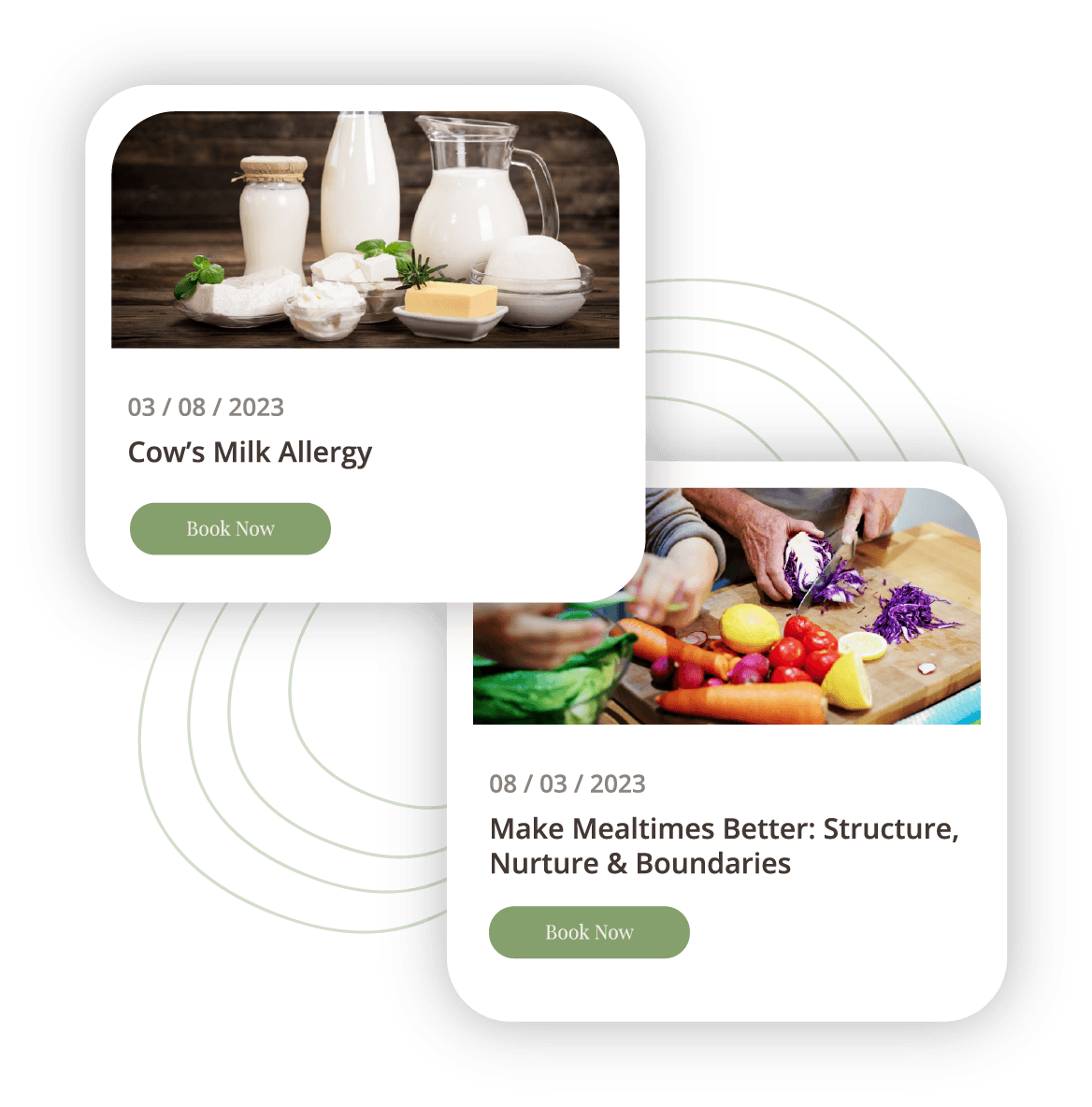Eating Disorders are serious mental health conditions; a complex mix of patterns of thinking, beliefs, experiences, inheritance, control and over-evaluation of appearance are all key features of eating disorders. Early intervention is always the best approach, giving young people opportunities to work with change. I offer nutritional assessment, meal planning, supplementation, food, neuro-biology and physiology education and food-related behaviour change within the spectrum of disordered eating and eating disorder in teens.
Working with food-related behaviour change takes time and commitment, and a range of supports are needed, with psychological and/or family support essential. Early help is critical pre-puberty in order to avoid the growth stunting, poor bone mineralisation and infertility that can result. Carine has recognised advanced dietetic training in eating disorders, and offers early assessment, dietary treatment for young people who are stable and motivated to work towards recovery.



